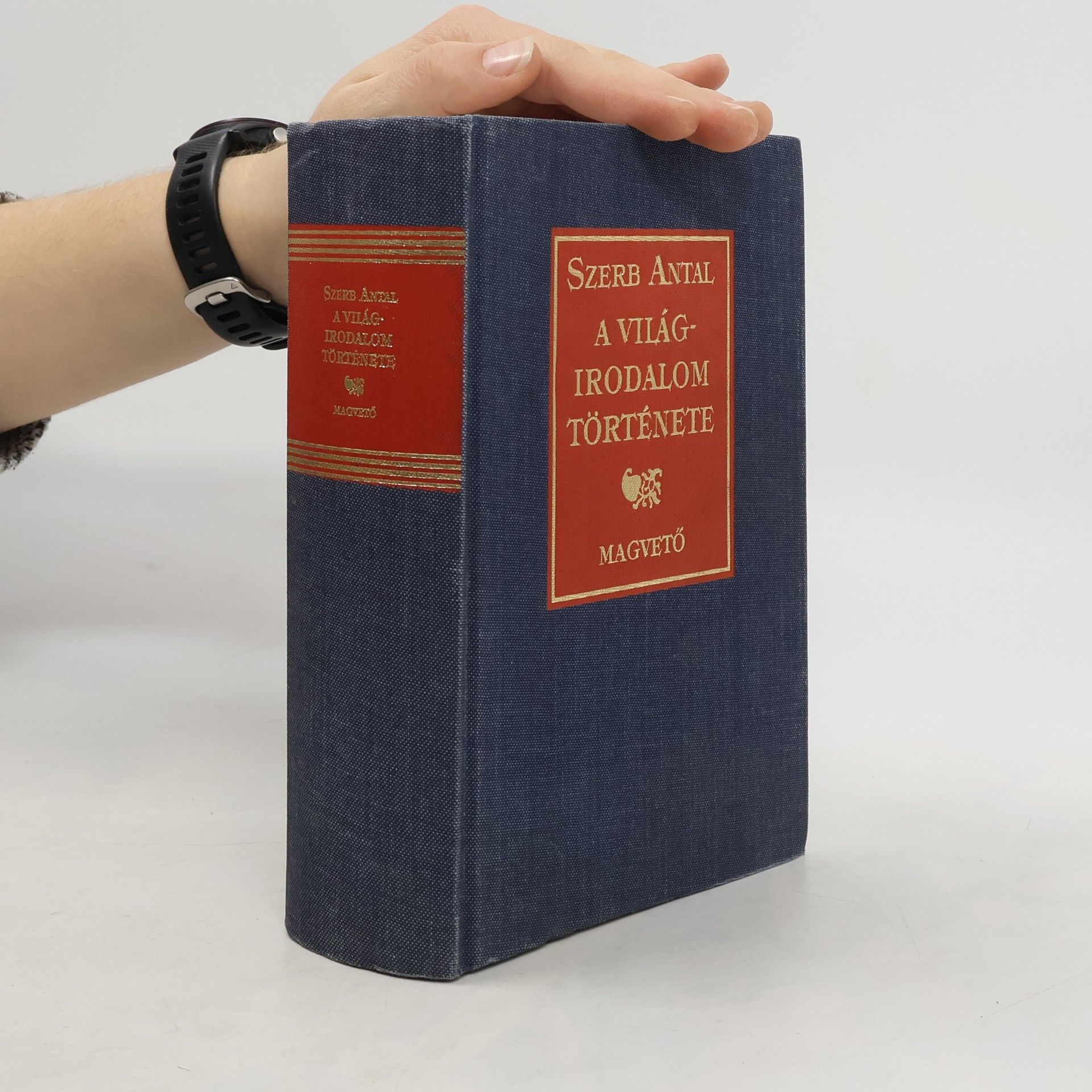Journey by Moonlight
- 240 páginas
- 9 horas de lectura
A major classic of 1930s literature, Antal Szerb's Journey by Moonlight (Utas és Holdvilág) is the fantastically moving and darkly funny story of a bourgeois businessman torn between duty and desire.'On the train, everything seemed fine. The trouble began in Venice ...'Mihály has dreamt of Italy all his life. When he finally travels there on his honeymoon with wife Erszi, he soon abandons her in order to find himself, haunted by old friends from his turbulent teenage days: beautiful, kind Tamas, brash and wicked Janos, and the sexless yet unforgettable Eva. Journeying from Venice to Ravenna, Florence, and Rome, Mihály loses himself in Venetian back alleys and in the Tuscan and Umbrian countryside, driven by an irresistible desire to resurrect his lost youth among Hungary's Bright Young Things, and knowing that he must soon decide whether to return to the ambiguous promise of a placid adult life, or allow himself to be seduced into a life of scandalous adventure.Journey by Moonlight (Utas és Holdvilág) is an undoubted masterpiece of Modernist literature, a darkly comic novel cut through by sex and death, which traces the effects of a socially and sexually claustrophobic world on the life of one man.Translated from the Hungarian by the renowned and award-winning Len Rix, Antal Szerb's Journey by Moonlight (first published as Utas és Holdvilág in Hungary in 1937) is the consummate European novel of the inter-war period.










